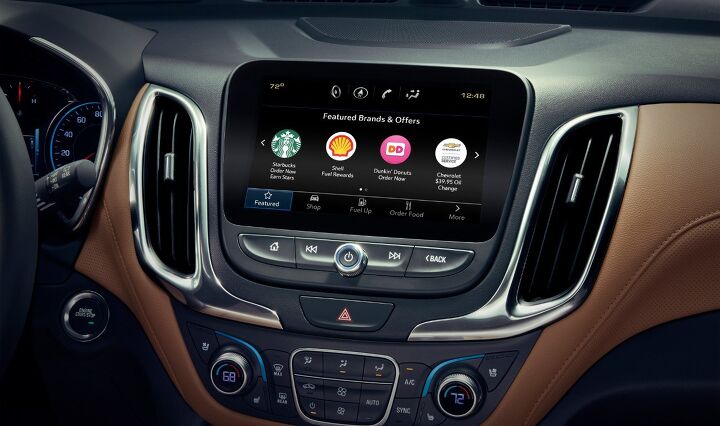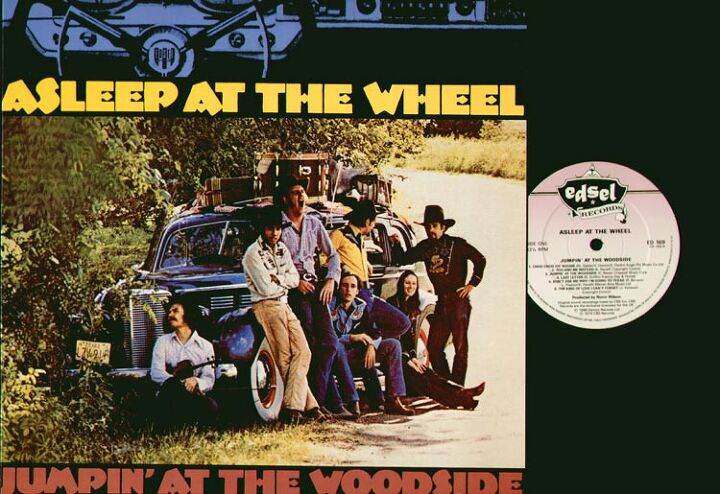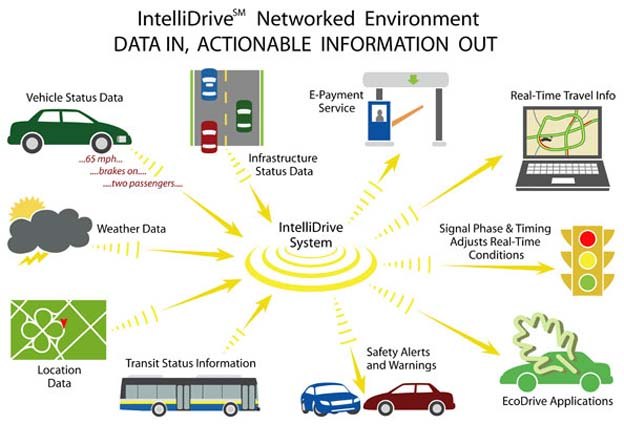#DataMining
Driving Dystopias: China Doesn't Sound Terribly Fun
With China having become the world’s largest automotive market by individual sales, it’s worth keeping tabs on it for burgeoning driving trends. While that’s predominantly revolved around electric vehicles, the People’s Republic also has pretty strict driving rules backed by some of the tightest monitoring of a civilian population imaginable. China is setting up a vast surveillance system that tracks every single one of its 1.4 billion citizens and is adapting it for use in its new “social credit system,” which sounds like the most Orwellian thing in existence.
The system is intended to publicly shame criminals, debtors, jaywalkers, and those with “controversial” political views while monitoring their every move but it’s also doing a fine job of making life harder for drivers.
Wrecked Cars Are Now a Treasure Trove of Personal Information
As cars grow more dependent upon computer-controlled driving aids and automakers implement permanent internet connectivity, we’ve grown increasingly concerned with how automakers handle their customer’s data.
It sounds conspiratorial, but there’s a series of events to hang the tinfoil hat on. In 2017, General Motors announced it had successfully monitored the listening habits of 90,000 motorists in a study aimed at improving marketing insights. It also rejiggered OnStar and introduced the Marketplace app for seamless in-car purchasing options. Our take was that it was as impressive as it was ominous — and GM is only leading the charge into a what analysts believe will eventually become a multi-billion dollar industry.
Naturally, this led to privacy concerns over how automakers will protect customer data on future models. But we might want to start worrying about the cars we have now. A couple of white-hat hackers (those are the good ones) recently probed the internal computer networks of wrecked and salvaged Teslas and found a mother lode of personal information waiting inside.
Opening Pandora's Box: GM Tracking Consumer Listening Behavior in Cars
General Motors has begun surveying how its drivers experience in-car multimedia, specifically the radio, as part of its new strategy to track customer habits and maximize the profitability of information. With 4G LTE WiFi connectivity now featured inside millions of GM vehicles, the automaker believes technology can be used to fine tune its future marketing strategies.
While an invaluable insight tool for advertisers, it’s also the perfect example of the kind of thing we’ve been complaining about for the last couple of years. General Motors is leaning into Big Data as hard as possible, meaning your personal information could soon be on the line — if it isn’t already.
Ford to Launch Data Monitoring/Analytics Program on Commercial Fleets
We’ve prattled on before about how General Motors sees data mining as its next big business opportunity. While much of our take focused on the risk that customers might lose their privacy and become both commodity and consumer, it would be stupid to suggest it isn’t also a highly lucrative business strategy.
Social media outlets sell your personal information on a daily basis and other industries see potential in that. GM isn’t the only automaker jumping on the bandwagon, it’s simply the one with the most transparent blueprint.
Ford recently opened up about its own data strategy. The company previously announced large investments into data centers, stating its intent to equip 90 percent of its global fleet with modem connectivity by 2020. Ford Smart Mobility was also reorganized earlier this year, an effort that included the acquisition of two tech firms focused on transit data. The automaker split the group to focus on key areas: transportation data, marketing, tech development, and the management of previously established programs like FordPass and Chariot.
Ford obviously had a plan in the works for a while, but we didn’t know exactly what Ford’s execution would look like until now.
The Difference Between Ford and General Motors' Longterm Strategies
While General Motors has become progressively more brazen in outlining its plans for the future, Ford has kept its cards a bit closer to the chest. We do know both companies have similar long-term goals, but Ford has been (rather wisely) preoccupied, adjusting its fleet to meet global demand and ensuring production flexibilities that should prevent it from being caught off guard by an industry turnaround.
It’s interesting because, a little over a year ago, former Ford CEO Mark Fields was promising a complete evolution of the automaker into something called “a mobility company.” However, it now looks as if GM is the firm making a beeline toward alternative revenue streams and a new business model, while Ford takes a more measured approach.
GM Adds Digital Marketplace to Its Vehicles for Onboard Purchasing
General Motors has announced it is the first automaker with its very own in-car commerce platform. We aren’t the least bit surprised.
In fact, we’ve been waiting for GM to announce something like this ever since it expressed an interest in using OnStar to deliver “personalized marketing offers” a little over a year ago. Since then, the manufacturer has also indicated plans to create an app store accessible from a vehicle’s infotainment system, as well as use driver data acquisition as a possible revenue source.
While GM isn’t the only company taking this path, it’s arguably the one that’s gotten the furthest. Our takeaway is that the services being rendered and developed are extremely clever ways for an automaker to rake in money, but will not be universally popular. This early example of GM’s changing business model ought to make the company a bundle while aggravating a certain percentage of consumers.
Oakland PD Turns Over 4.6M License Plate Dataset Via Public Records Request
Via a public records request, the Oakland Police Department has turned over 4.6 million reads of 1.1 million unique plates recorded between 2010 and 2014.
NHTSA Vows Crackdown Upon Drowsy Driving
National Highway Traffic Safety Administration administrator Mark Rosekind announced his agency would crackdown on drowsy driving through data and strategy.
More Consumers Turning To Technology For Vehicle Purchases
While visiting a dealership is de rigueur for most, an increasing number of consumers are turning to technology to buy their cars.
ACLU: Drug Enforcement Administration Tracking Plates Since 2008
It’s not just auto lenders and police who track plates: The Drug Enforcement Administration has collected 343 million records since 2008.
Privacy Advocates Take Law Enforcement To Task Over Handling Of License Plate Data
The panopticon grows taller every day, as motorists who try to learn what information is gathered by the automatic license plate readers face roadblock after roadblock, with three cases set to determine once and for all what can be seen.
ITS Technologies May Provide Better Travel In Exchange For Personal Data
As V2V and V2I technologies slowly make their way through the testing phase and into the mainstream, there could come a day when your commute will go more smoothly than it stands at the moment. That convenience, however, could come at the price of your personal information.
Data Privacy Concerns Rise Within Connected-Car Industry
As more vehicles come with infotainment systems mounted in the dashboard console, consumers are beginning to face the issue of losing privacy behind the driver’s seat.
Homeland Security License Plate Data Collection Plan Cancelled
A plan to create a database from collected license plate data by the Department of Homeland Security was cancelled after said plans were made known without knowledge from top officials.





























Recent Comments